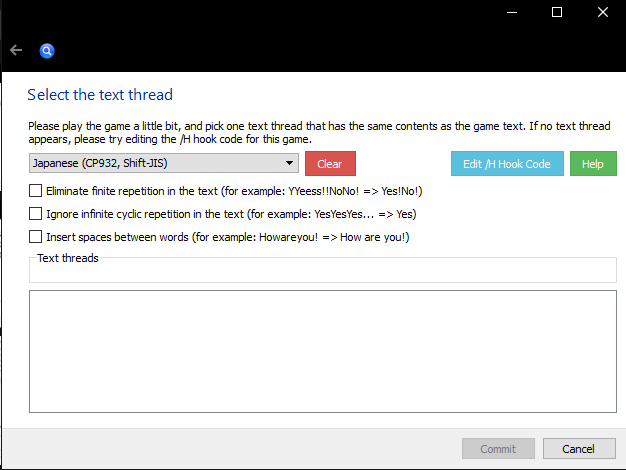

- Visual novel reader failed to connect to internet full#
- Visual novel reader failed to connect to internet series#
Visual novel reader failed to connect to internet full#
In his essay in Past Imperfect: History According to the Movies (1996), scientist Stephen Jay Gould writes that the film Jurassic Park contains several errors, but that these errors “belong to the juicy and informative class of faults” that has been described in the following way: “Give me a fruitful error any time, full of seeds, bursting with its own corrections. “History does not exist until it is created.” *Note*This course will be taught online.ġ00A RENAISSANCE EUROPE GOES TO THE MOVIES

Piracy such as the Somali pirates and internet piracy. While our main focus will be on piracy in theĪtlantic Ocean in the 17th and 18th centuries, we will also discuss contemporary forms of Opposition to dominant social structures. Line between legality and illegality, relations of force, and the fantasies and practices of Suggests, inquire into how piracy gets defined and what it might tell us about the dividing These with historical narratives of piracy.
Visual novel reader failed to connect to internet series#
Pirates (in movies such as the Pirates of the Caribbean series and literature) and compare To which the pirate boldly replied, “What gives you the right toĭisrupt the whole world by force? I use a small ship, so I’m called a thief you use a greatįleet, so you’re called an emperor.” In this class we’ll explore popular depictions of

“What gives you the right to disrupt the sea-lanes byįorce?” asks Alexander. In The City of God, Saint Augustine recounts the following exchange between Alexander (But it's OK if you know Urdu! Everyone will read in a language foreign to them at some point.) It will include our attempt to read the Sufi poetry of Ghalib, the most brilliant writer of nineteenth-century Delhi, in Urdu-a language I don't know at all-with the help of internet resources. The course will be a collaborative discussion-oriented class with a syllabus of poetry, prose, and philosophy partly constructed by the group and ongoing writing that cultivates observation over conclusion. What is really happening when we read without narrative (or as nearly so as possible), read violent or otherwise psychologically demanding material, or "read" in a foreign language? Can anything be read? Is it possible to feel read by a text? Instead of immediately making papers out of reading, this class shifts the focus to recording precisely what happens when we read and finally, what becomes visible then, which is not just an object outside. This course suspends writing in arguments to register the edges of reading by pushing on its limits. Even the most private experiences of reading are hurried and censored by something within the reader, in a way. Reading is hard to describe and a little bit beyond us to explain, as it seems both inside and outside the self. It can seem like "reading is the easiest eedom without work" (Maurice Blanchot), but it's easier to know what writing is and what we are supposed to do.


 0 kommentar(er)
0 kommentar(er)
